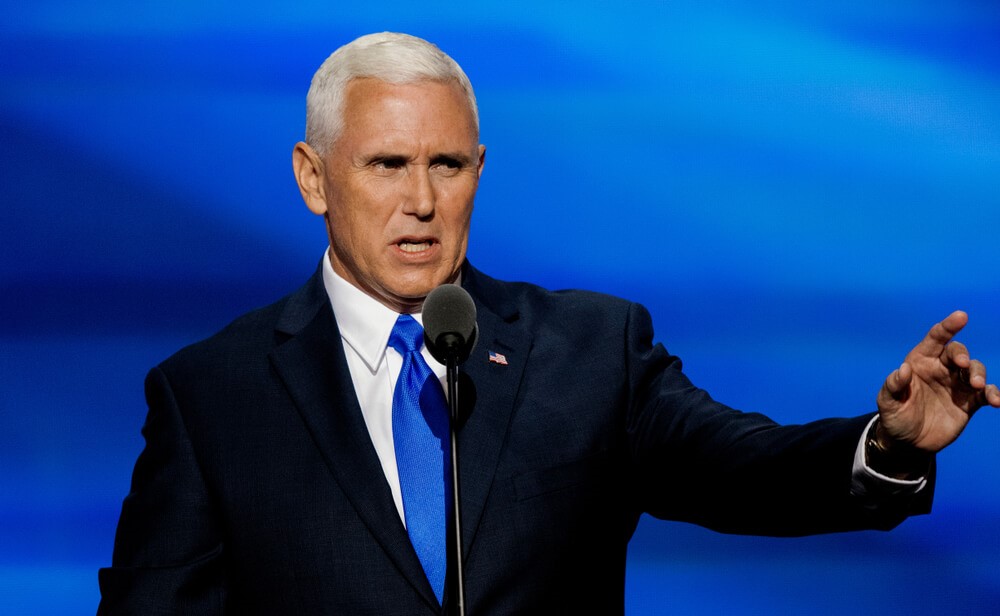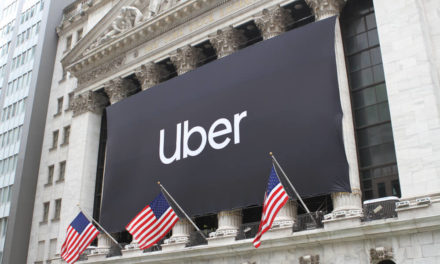Vice President Mike Pence said Thursday that the U.S.-Canada relationship has “never been stronger,” less than a year after a trade tiff had chilled the allies’ historically warm ties.
Pence was in the Canadian capital hoping to build momentum to pass a new trade deal with Canada and Mexico.
President Donald Trump recently removed U.S. steel and aluminum tariffs on Canada and Mexico, clearing a roadblock to a North American trade deal that his team negotiated last year. The trade penalties were a sore point in relations that reached a low last summer when Trump called Prime Minister Justin Trudeau “weak” and “dishonest” after the Canadian-hosted Group of Seven summit of major industrial nations.
“President Trump and I believe the relationship between the United States and Canada has never been stronger and that is a reflection of his leadership and your leadership,” Pence told Trudeau.
The new trade deal, signed in November by the leaders of the three nations, is meant to replace the North American Free Trade Agreement. The pact needs approval from lawmakers in each country, and several key U.S. lawmakers and Canada were threatening to reject it unless the tariffs were removed.
Democrats in Washington now want stronger enforcement of labor standards and they oppose a provision that protects drugmakers from competition. Nonetheless, Pence insisted that Congress would pass it this year.
“Our administration is working earnestly” with congressional leaders, Pence said.
Trudeau said his talks with Pence focused on the ratification process.
Trudeau previously said he also intended to raise the issue of women’s rights in the U.S., where several states have enacted anti-abortion measures. Pence is a well-known opponent of abortion.
“I’m very concerned with the situation around the backsliding of women’s rights that we’re seeing through conservative movements here in Canada, in the United States and around the world,” Trudeau said a day before the meeting.
Trudeau also brought up the plight of two Canadians held in China. Beijing detained ex-diplomat Michael Kovrig and entrepreneur Michael Spavor on Dec. 10 in an apparent attempt to pressure Canada to release Chinese Huawei executive Meng Wanzhou. She was arrested Dec. 1 at the request of U.S. authorities.
During recent U.S.-China trade talks, the Canadians’ cases were raised by the Americans directly with the Chinese after Trudeau pressed Trump after considerable lobbying from Trudeau and other Canadian government officials.
Pence said the U.S. has spoken out strongly about Canadians, but many analysts have said the support has been largely muted.
Trump also threatened tariffs on Canadian-made cars in what was a series of unprecedented attacks on America’s closest ally.
“U.S. relations with Canada — as with everybody else — are at best whimsical, and at worst shaky,” said Robert Bothwell, a professor of Canadian history and international relations at the University of Toronto.
“We are not different from any other ally in not knowing whether the U.S. government will support us or not. And who knows whether car tariffs will be the next item. So no, all that Pence’s visit means is that today things look relatively quiescent, but tomorrow who knows what Trump may tweet.”
© The Associated Press. All rights reserved.




